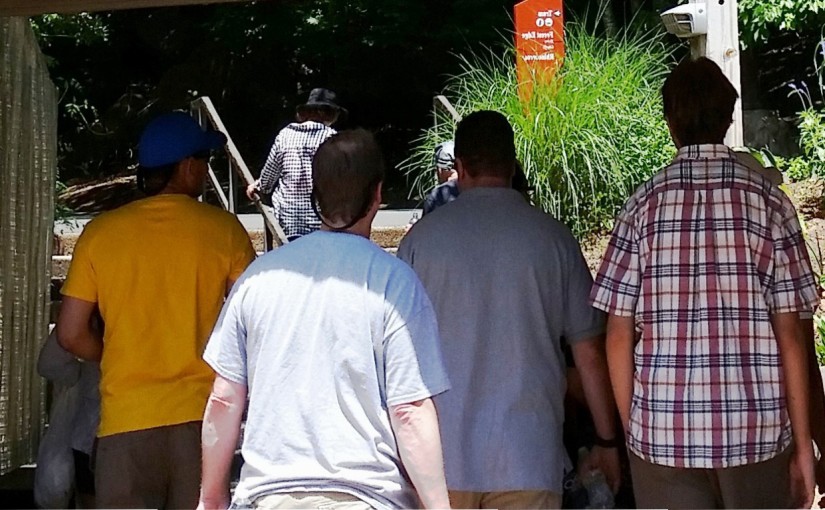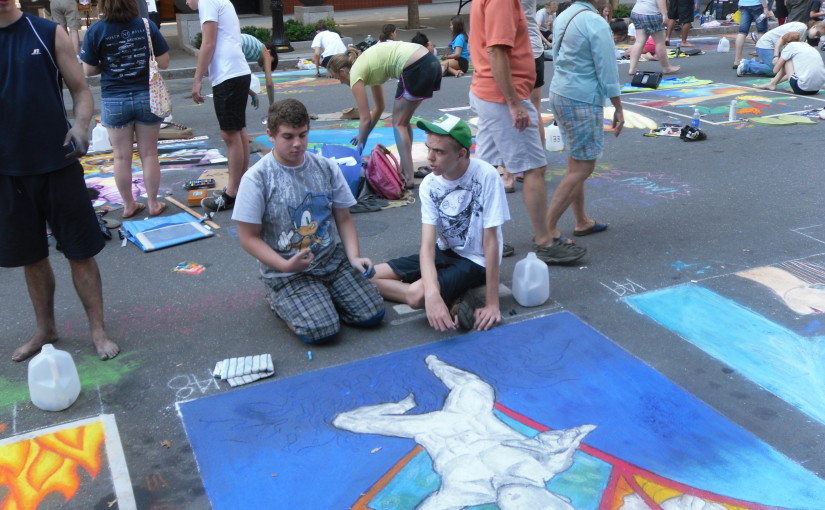Children often act differently in public. We know this because we bring plenty of “bribes” with us when we wander out of our familiar home surroundings. Of course,we would never even think to stoop so low as to bring snacks and juice with us in the event of an emergency—but we do anyway just in case. Kids can exhibit some very interesting behavior when they are out at in public. Children and many adults often interact with the public in unusual ways. It is no different for kids and teens with a disability.
Socially Awkward
One reason for this personality change could be that they might not feel comfortable under the bright lights of a supermarket or in a crowded area. Young children may not be too aware of this, but teenagers can get nervous someone will find out they have a disability. They want to hide it, but sometimes it is impossible. Teenagers with a disability do not want other people to know about them. They just want to be like everybody else.
On various occasions, I have referenced a recent article I wrote about whether or not a person should disclose a disability to their employer. Frequently, these new employees wonder, “Should I say something or not”? Often times, the disabled community is faced with that decision. They simply get anxious in public and worry about whether or not someone will uncover their secret. Everyone wants to make a good impression and just thinking about being “noticed” could be very unsettling.
Is it that obvious?
Do you remember when you were a kid and you would run into a fellow classmate at the store? Did it seem strange at the time to see a friend in another setting other than the classroom? For me, it was very awkward. Nervous people tend to act differently in public. They don’t need a disability to do that. On the other hand, hiding a disability can become an obsession and some individuals find it difficult to function as they would at home or around family members. Teenagers with a disability are no different than teenagers without a disability. It is just that for people with special needs, and especially for teenagers who have a physical disability, more attention is called to them. Not for any reason other than human nature—people tend to stare. It makes having a disability more obvious. It is easy to see why some of these young adults would not want to disclose a disability to anyone, and particularly not an employer. Talk about pressure.
The Looking Glass Self
One of my favorite theorists, Charles Horton Cooley, identified a way in which people behave. He refers to it as “The Looking Glass Self.” This theory is a way in which people develop a self-image which is a reflection of the way others observe or respond to them. For some children who are disabled, they often act differently because people in public might respond to them differently. This behavior is not isolated for the special needs community. It is easy to change our personalities based on an event or person we are speaking with. Some people are easier to talk to than others and this could change the attitudes of the conversation. For people with a disability, these scenarios can be quite intimidating.
Acting differently in public is not necessarily a bad thing. There is such great variety in people’s behaviors that sometimes it is impossible to tell if someone has a disability or not. I just wish people with a disability could realize that most everyone has the same fear.




Let’s Talk!